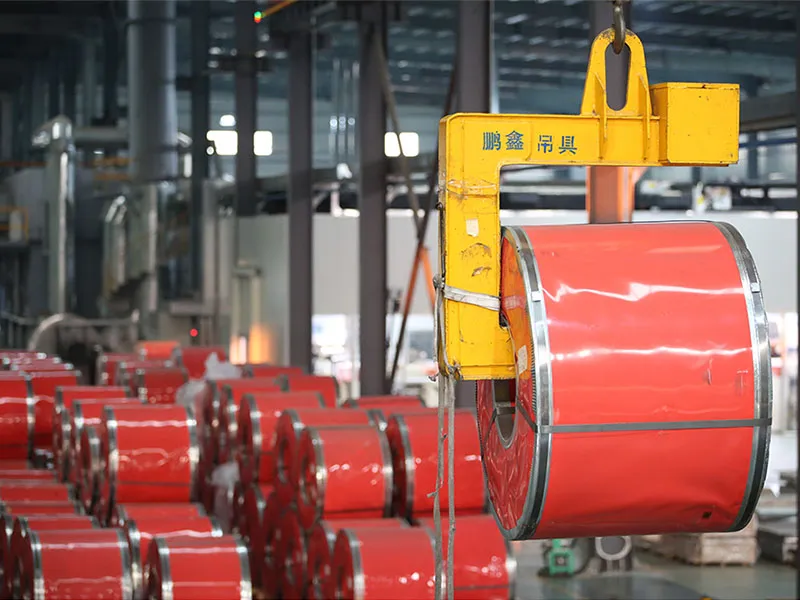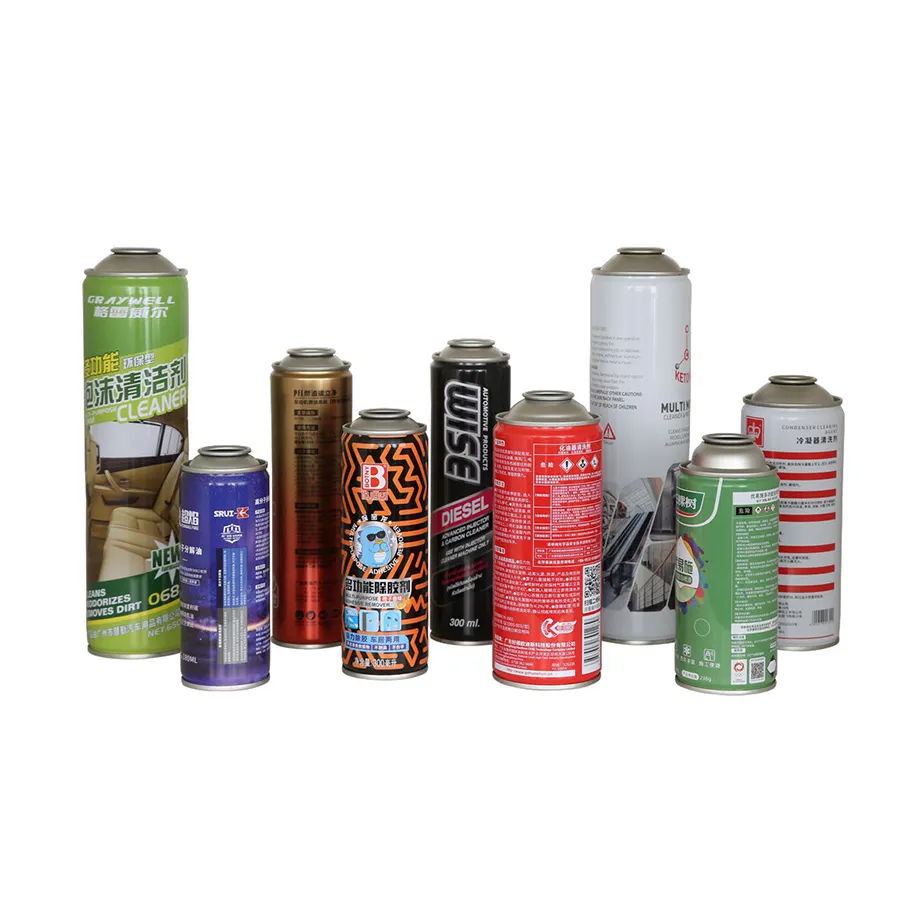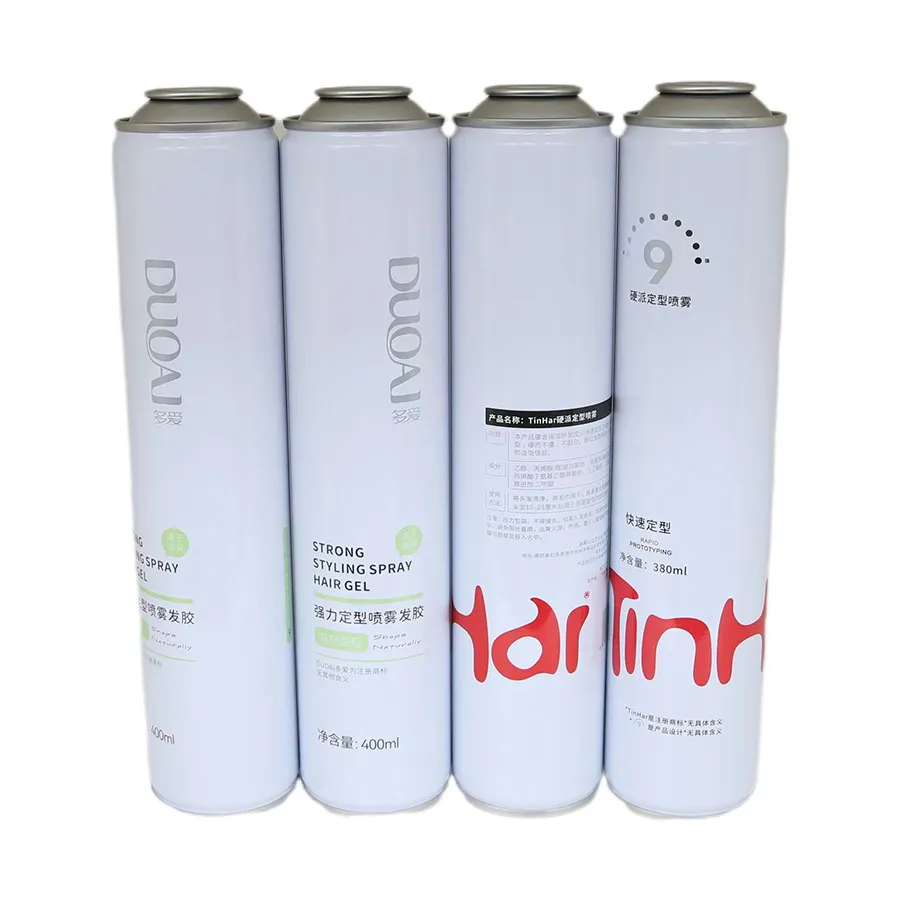Metal tin aerosol cans, as a common form of packaging, are widely used in various products in daily life, including detergents, cosmetics, cooking oils, pesticides, etc. Due to its strong structure, good sealing, and convenient use, metal tin aerosol cans are favored by many industries and brands.
However, many consumers and industry insiders still have questions about the internal structure of metal tin aerosol cans, especially about whether it contains a coating inside. In order to better understand the safety and functionality of metal tin aerosol cans, this article will explore this topic in depth and answer related questions.

Why do metal tin aerosol cans need a coating inside?
What is the role of the coating?
First of all, to understand whether metal tin aerosol cans have a coating inside, we need to first understand the importance of coatings in metal packaging. The main function of the coating is to protect the metal from corrosion and ensure that the product contents do not react chemically when in direct contact with the metal. For metal containers such as aerosol cans, internal coatings are particularly important for the following reasons:
● Corrosion resistance: Metals, especially iron, easily react with moisture and oxygen in the air and certain ingredients in the product, causing rust or corrosion. Coatings effectively prevent moisture and oxygen from eroding the metal surface by providing a protective barrier, thereby extending the service life of the can.
● Prevent chemical reactions: Many products packaged in aerosol cans contain strong acids, alkalis or other chemical ingredients. Direct contact between uncoated metal and these chemical ingredients may cause chemical reactions that affect the quality or safety of the product. The coating acts as a protective layer to prevent chemical reactions between the product and the can.
● Ensure product quality: For products that are easily affected by the outside world, such as food and cosmetics, coatings can not only prevent direct contact between metal and product, but also protect the quality of the product and prevent it from being contaminated or deteriorating.
● Improve aerosol performance: The internal coating of aerosol cans can also help the aerosol to be evenly distributed, ensuring that the spray effect is more durable and stable.
Therefore, the internal coating of metal tin aerosol cans not only plays a role in protecting the can body, but also ensures the quality and use effect of the product.
What is the material of metal tin aerosol cans coating?
There are many kinds of coating materials used inside metal tin aerosol cans. According to the different needs and uses of the products, manufacturers can choose different coating materials. Common coating materials are as follows:
● Epoxy coating: Epoxy resin is a common coating material, which is widely used in food and beverage packaging cans, cosmetic cans and other fields. Epoxy resin has good adhesion, corrosion resistance and heat resistance. It can effectively prevent metals from reacting with acidic or alkaline liquids, and can maintain good physical and chemical stability.
● Polyester coating: Polyester coating is often used in the packaging of cosmetics, sprays and household cleaning products. It not only resists the erosion of chemicals, but also has strong UV resistance, which can prevent the contents from deteriorating under sunlight.
● Polyurethane coating: Polyurethane coating has excellent wear resistance and chemical corrosion resistance, so it can provide better protection in certain specific aerosol cans applications, especially for liquids with strong chemical properties.
● Polyacrylate coating: This type of coating is commonly used for aerosol cans packaging of food cans and oil products. Polyacrylate coating is particularly important in the food industry because it can effectively prevent metal from reacting with food and protect the taste and quality of food.
By choosing the right coating material, metal tin aerosol cans can provide reliable protection for many different types of products to ensure their quality and stability.

How to tell if metal tin aerosol cans contain coatings?
Is there a clear mark on the appearance?
On the packaging of some aerosol cans, the manufacturer will clearly mark the material used for the inner coating on the label or product manual. Consumers can check the information on the product packaging to find out whether it contains a coating and what type of coating is used.
In addition, some high-end products or products with high requirements for coatings will highlight the coating ingredients in their designs, usually with labels such as "no inner coating" or "inner coating material: epoxy resin", which helps consumers make choices.
How to identify by feel and appearance?
For ordinary consumers, it may not be easy to identify whether metal tin aerosol cans contain coatings. However, by carefully observing the inner wall of the can, you can also roughly determine whether it is coated with an inner layer. The inside of an uncoated tin can usually shows the natural color of the metal and has a slightly rough surface. In contrast, a coated tin can usually presents a smooth, uniform surface, and there may be slight differences in color (such as light yellow, white or transparent colors, etc.), which is the embodiment of the coating.
Use simple test methods to detect
Some chemical tests can help identify whether the inside of aerosol cans has a coating. For example, you can use a small drop of vinegar or alcohol to gently wipe the inner wall of the tin can. If there is no coating, the metal may show tiny corrosion marks. Coated metal tin cans will not be affected in any way. Such tests are usually used to make simple judgments about the internal structure of aerosol cans, but are not suitable for precise component analysis.
Is the inner coating of metal tin aerosol cans safe for the environment?
Does the inner coating contain harmful substances?
As consumers pay more and more attention to health and environmental issues, whether the inner coating of aerosol cans contains harmful substances has become a matter of concern. Common inner coatings, such as epoxy resins, have long been controversial because they may contain bisphenol A (BPA). Bisphenol A is a chemical that may have an impact on human health, especially disrupting the endocrine system with long-term exposure.
However, with the improvement of environmental awareness and the improvement of relevant regulations, many manufacturers have begun to phase out inner coatings containing bisphenol A and develop more environmentally friendly and safe alternatives. For example, epoxy resins and solvent-free polyester coatings that do not contain bisphenol A are now available on the market, which can not only effectively protect metals from corrosion, but also ensure the safety of products.
Selection and standards of environmentally friendly coatings
When choosing aerosol cans packaging, brands and consumers can pay attention to whether coatings that meet international environmental standards are used. For example, the EU and the US Food and Drug Administration (FDA) have strict regulations for the inner coating of food packaging, ensuring that the coating material does not contain harmful substances and can maintain the safety of food. Therefore, choosing aerosol cans packaging that meets these standards will not only help protect consumer health, but also enhance the brand's market reputation.

Why Choose Dekai for Your Packaging Needs?
Foshan Dekai Metal Packaging Co., Ltd. offers a one-stop solution for all your metal packaging requirements. As a trusted manufacturer of aerosol cans, tinplates, and printed packaging products, we are dedicated to providing high-quality solutions at low prices. Our advanced production equipment, including high-speed aerosol can production lines, allows us to meet your bulk order needs while maintaining superior quality. Get in touch to receive quotes, inquire about promotions, or discuss your customized packaging requirements.

